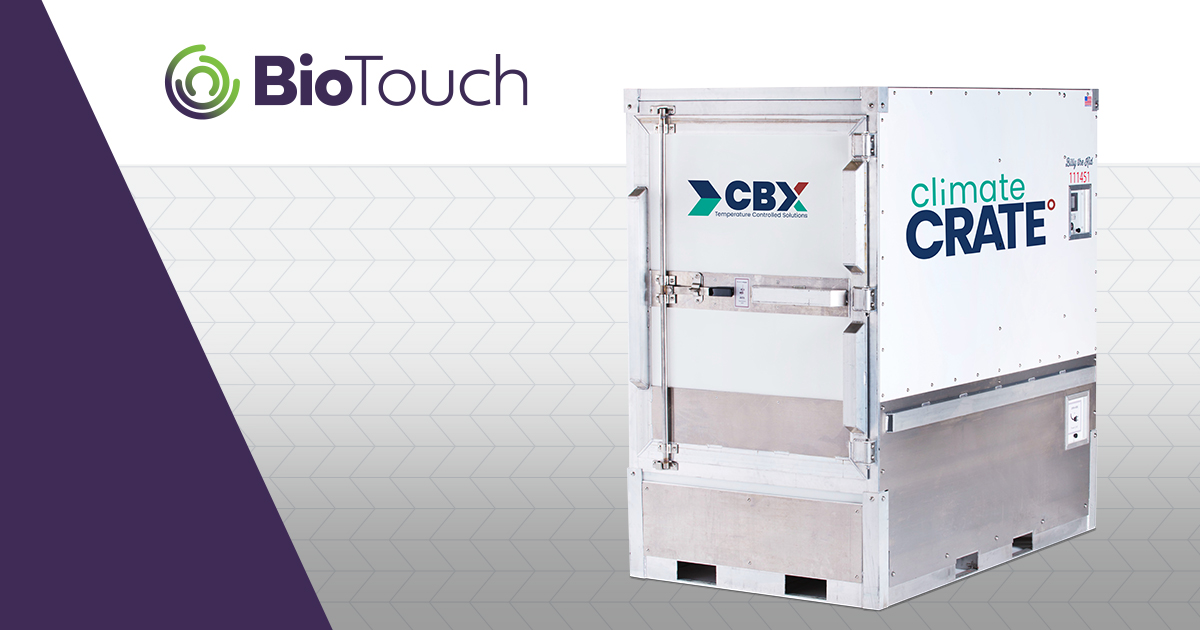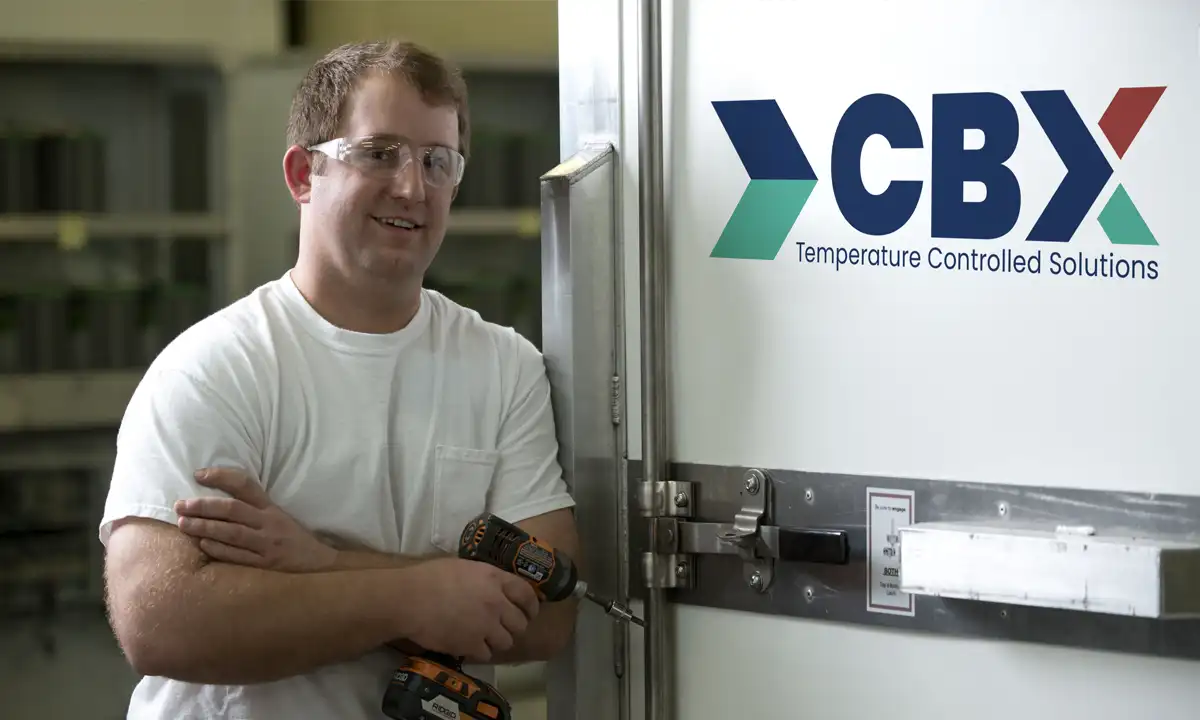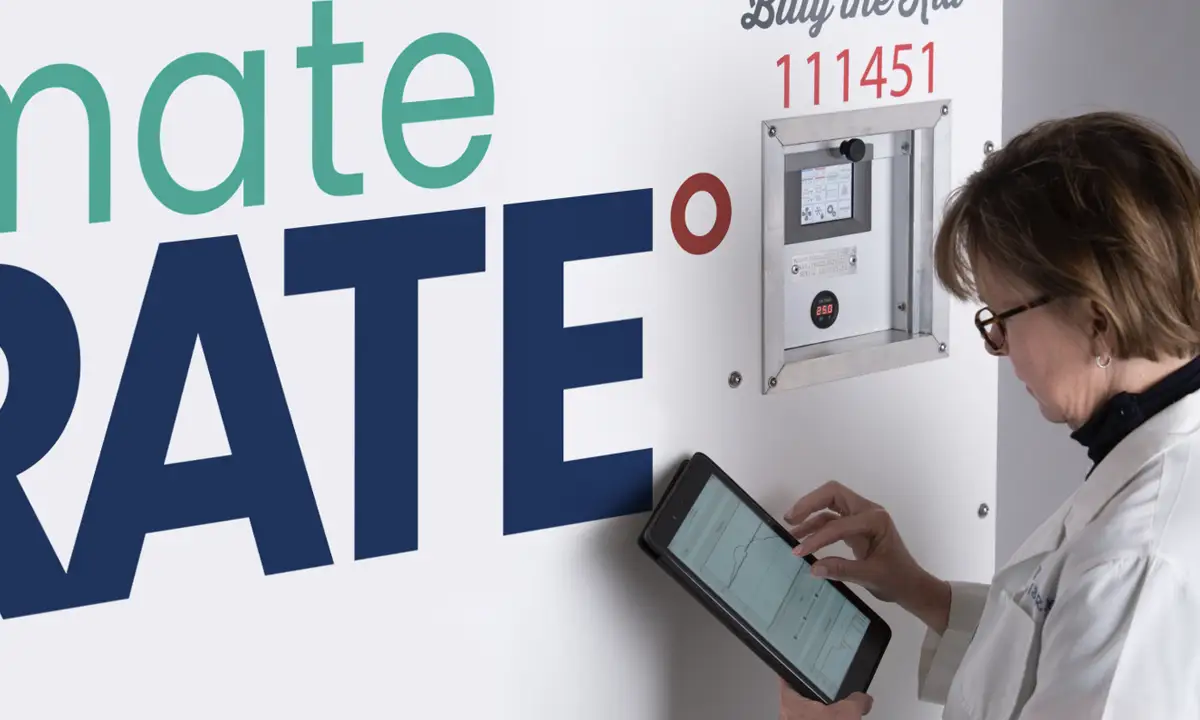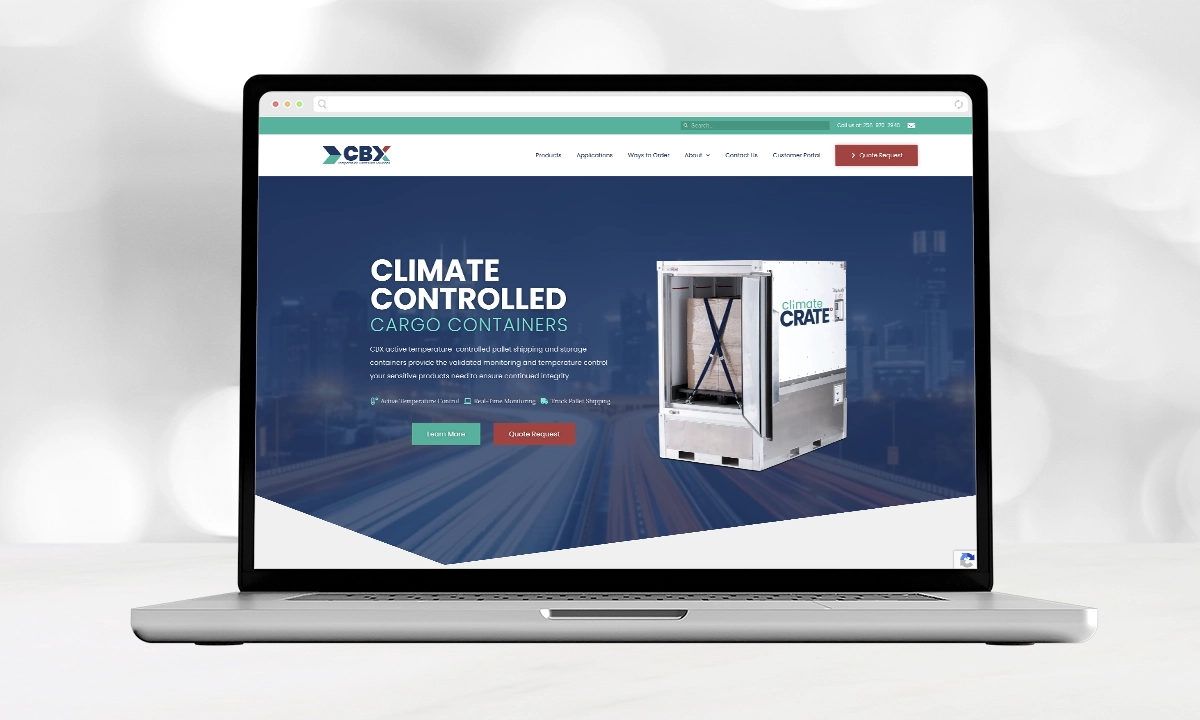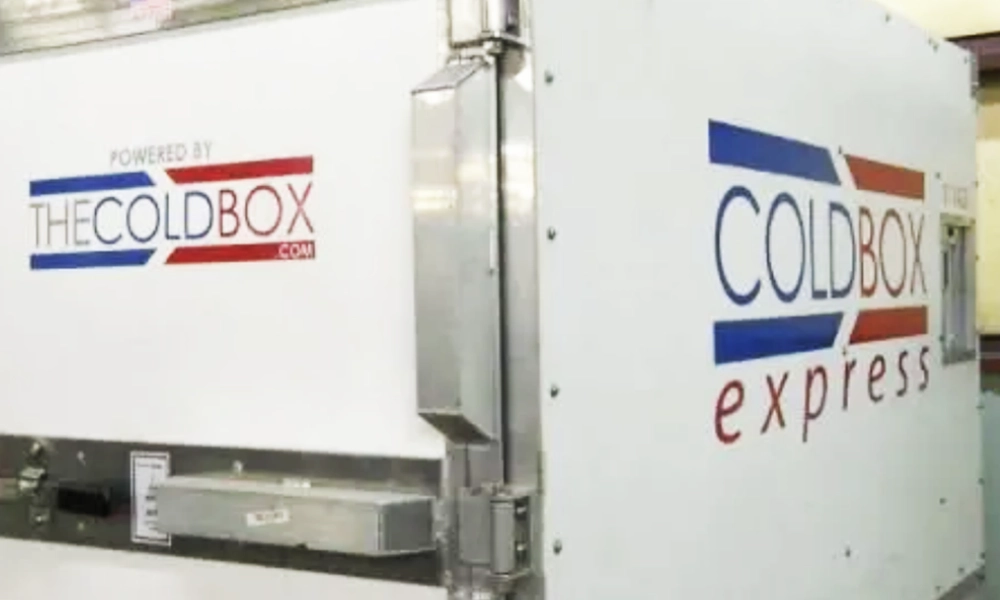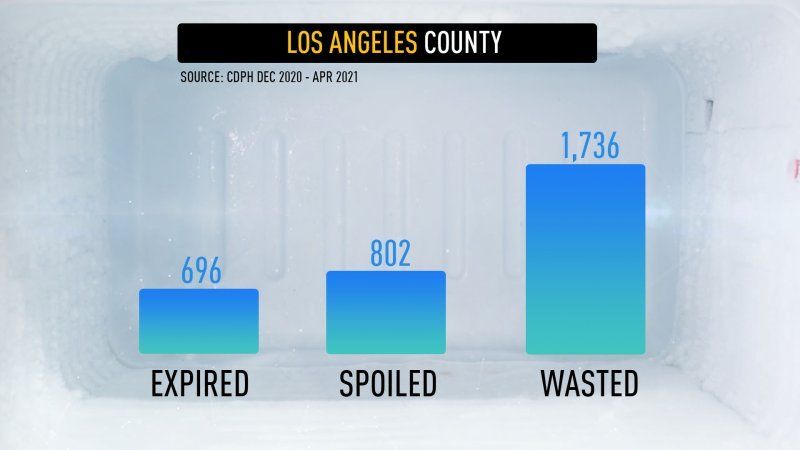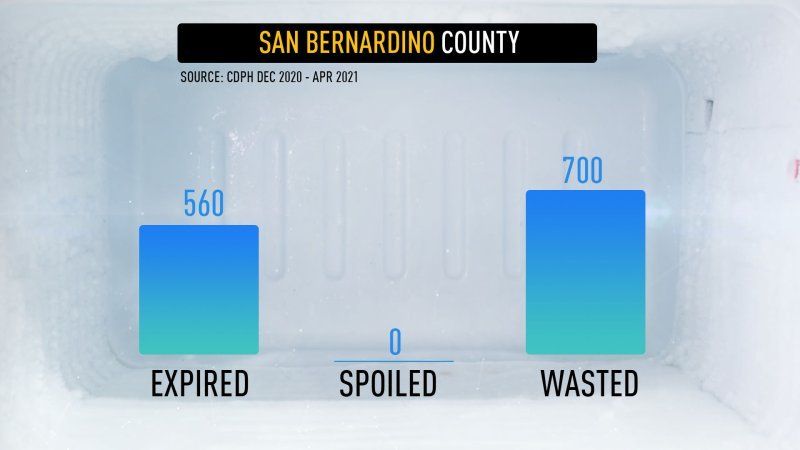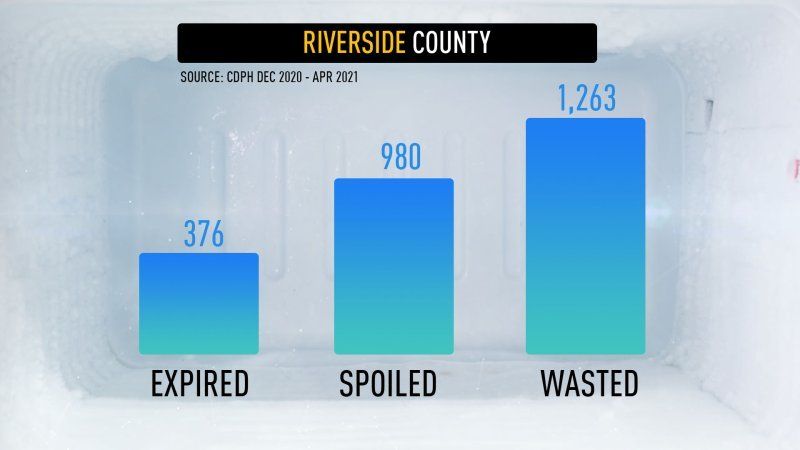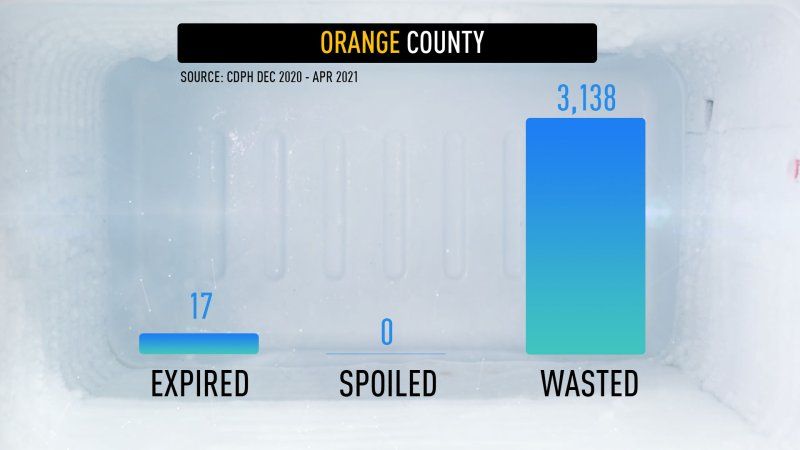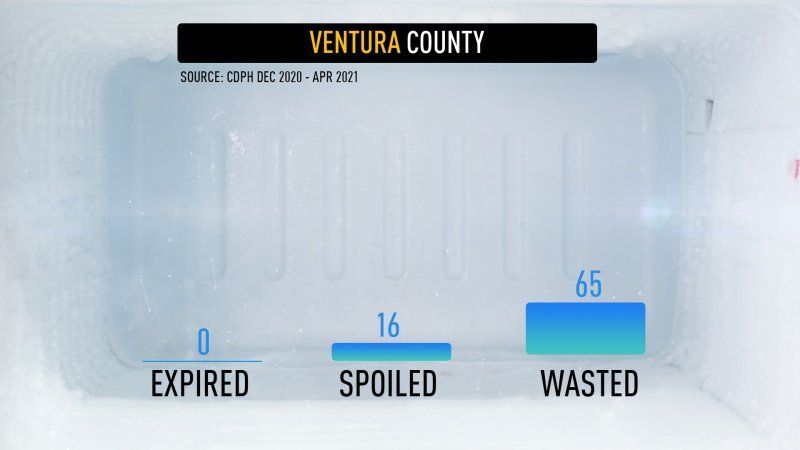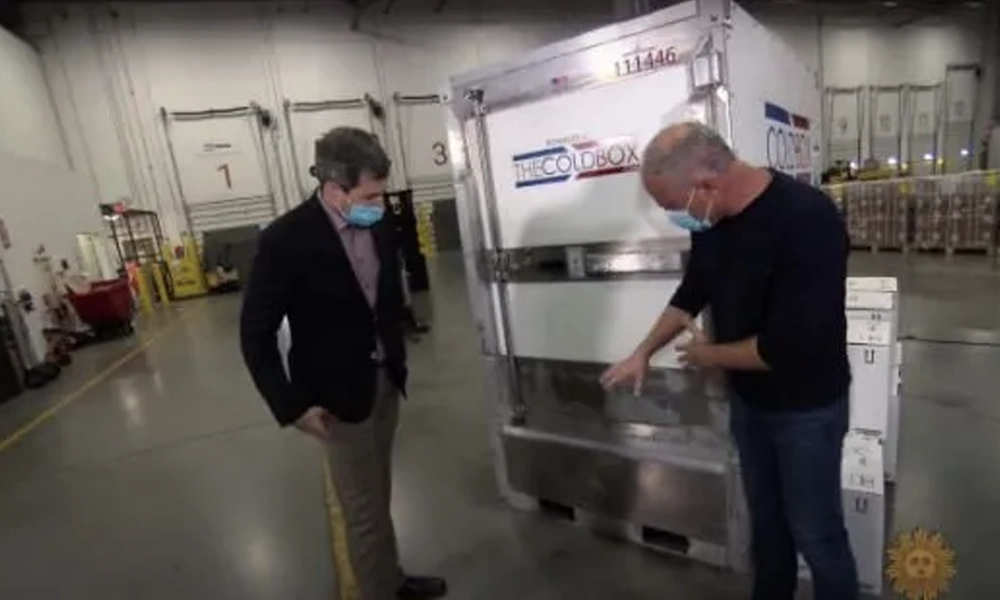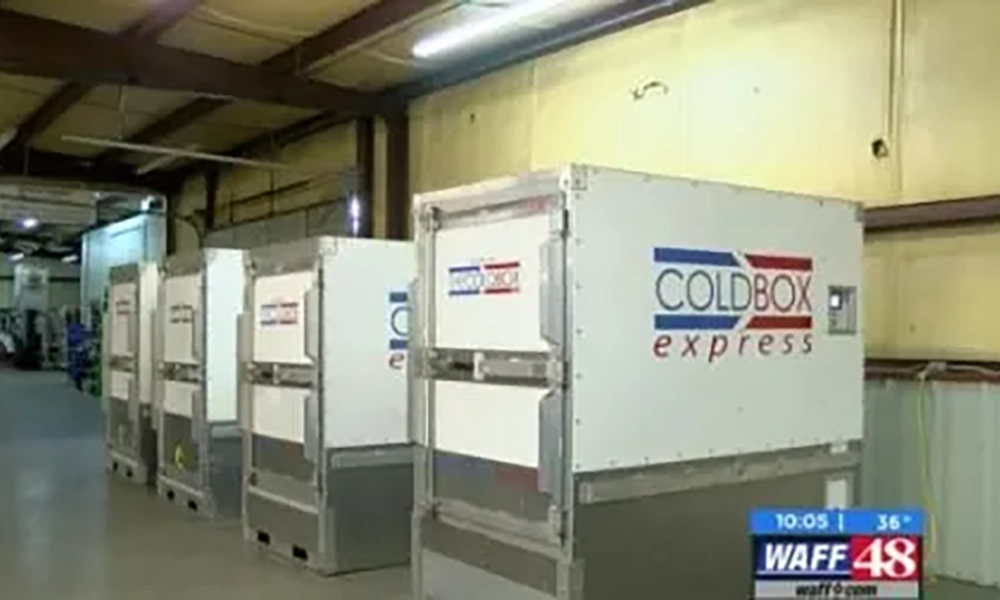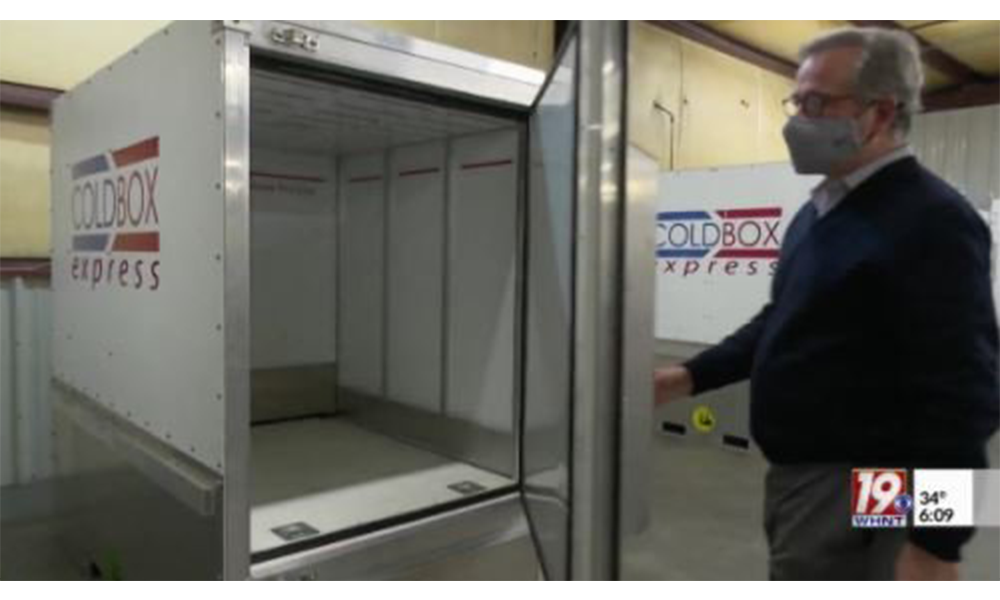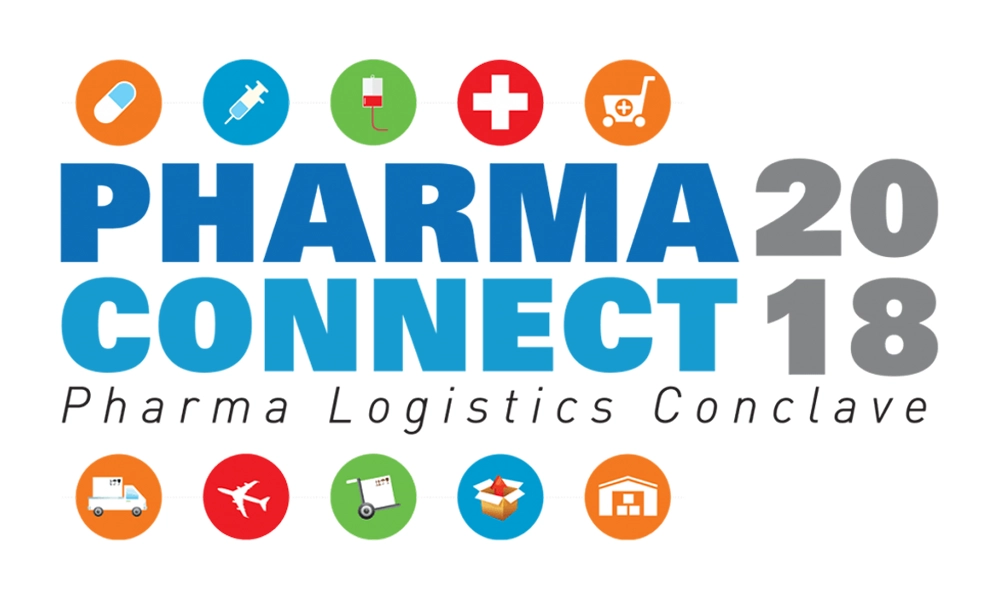Customer Name: Andy Kappas
Title: Operations Manager
Company Name: BioTouch™ Global
Industry: Pharmaceutical / Biotech / Biomedical
Client Need
BioTouch, a leading healthcare logistics & medical supply company, required a long-term temperature control storage solution for their off-site material backup. The company sought a solution that was easy to handle, portable, and could function for years with minimal upkeep without having to invest in the construction of a permanent cold chamber at their selected site.
CBX Solution
CBX supplied 4 ClimateCrate™ standard units and 1 ultra-cold unit that was custom-designed and manufactured to support the material quantity and temperature setpoint requirements of BioTouch.
These units not only provided a wide range of temperatures but also came equipped with 24/7 monitoring of temperature and unit operational status, ensuring that the stored materials remained in optimal conditions at all times. CBX completed the custom manufacturing of the requested 5 units following a timeline of only 2.5 months from confirmation to final delivery at the client’s designated site.
Each unit was carefully inspected to ensure it met the highest standards of quality and performance. Once the manufacturing was complete, the units were prepared for shipment and delivered to BioTouch’s designated site. Throughout this process, CBX maintained close communication with BioTouch, ensuring that all milestones were met and any concerns were addressed promptly.
Key Customer Benefits:
Pallet-sized interior specifications fit the product cargo capacity requirements.
Simplistic operation of the turn key solution means no construction was required by BioTouch. They could simply add additional power outlets for on-site charging.
Back-up batteries provide up to 5-days of coverage in the event of a power outage.
Wide temperature range, -35°C to 49°C (-31°F to 104°F), available in a single unit allows BioTouch to store a variety of materials under the precise conditions required.
Portability of the units allows BioTouch to shift the units to different sites as needed.
Flexibility of the units supports the BioTouch catastrophe recovery plan, ensuring that their materials could be protected and accessed in various scenarios.
Minimal unit upkeep significantly reduces the overall cost and effort needed to maintain the storage solution, while still allowing it to operate for years.
Remote 24/7 monitoring provides real-time data on temperature and unit operational status, enabling BioTouch to quickly address any issues that arise while eliminating the need for staff to physically check units, saving valuable time and resources.
Conclusion
CBX’s commitment to a seamless and supportive partnership with BioTouch was evident throughout the implementation of their requested off-site temperature control storage solution.
“CBX managed the entire process based on our requirements. It was a very supportive and collaborative partnership.”
– Andy Kappas, Operations Manager, BioTouch Global
CBX offers you the flexibility to rent or buy our temperature-controlled shipping and storage solutions.
All our rentals include the CBX Control Tower which ensures 24/7 monitoring of critical climate parameters and the location of your sensitive shipment from start to finish.
For purchased units, CBX offers maintenance plans to extend coverage.
